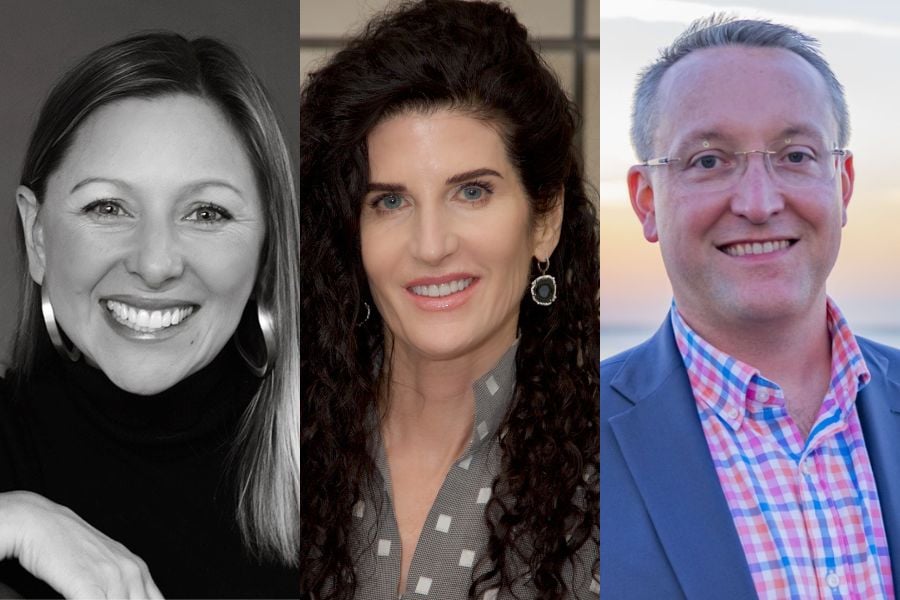

Like all industries, the wealth advisory space is a tough, competitive world.
Recent SEC data has revealed a 35 per cent increase in RIA firms registered with the commission since 2009, now totaling over 15,400. With so many firms saturating the market, it can be difficult to attract clientele and advisor prospects against the competition. So, how do advisors make their firm stand out?
Melissa Bouchillon, president at Sound View Wealth Advisors says it's important to always recognize and understand what you know and what you don't know. As the founder of her own independent RIA, which she grew into a $1.9 billion firm, she knows a thing or two about raising the appeal of a practice. However, as she says, it’s always okay to seek out help, like bringing in a consultant, for example.
“In our case, we worked with Focus Financial Partners to help build a firm that looked and felt like a firm that had been in business for 10 years, when we really only opened 24 hours prior,” she says. “Having that use of an expert, whether it's Focus or someone else is really critical because you want to have it to where it looks, and it feels like it's been in existence for a long time.”
In addition to that, she noted advisors should keep in mind what the client interface looks like, like the planning tools, the technology that will be utilized, how they might trade the investments along with the investment management tools.
Andrew Evans, founder and CEO of Rossby, agrees. He says tools and technology adoption should all come back to the client experience.
“That's really where we're looking for and that level of engagement,” he says. “We're using different tools, and we measure that based on how easily a client can gain access to our information, their information, what we did from a planning standpoint. Whatever bridges that gap and makes the client connect to the work that has been done faster.”
“Really lean on people,” Bouchillon added. “Fortunately, Schwab, Fidelity and all of the larger custodians within the industry… there's a lot of people you can lean into to get that advice.”
Lori Van Dusen, founder and CEO of LVW Advisors, says it takes understanding to know what one’s strengths and weaknesses are and placing them strategically, “putting the right people around you to solve the problem for the client.”
“In the end, good firms and thriving firms are about people and culture; the people are the most important thing,” Van Dusen said. “Clients rely on those people. Those people are not going to be replaced by AI. They're going to be helped by it but not replaced. Figure out what your strengths are and be objective about it. You have to be willing to give up your own cashflow to do that.”
Evans says it comes down to simple personality traits: “to be genuine and be yourself,” he says.
“The biggest thing that I think people miss is empathy. You need to have empathy when you're starting out. Don't pretend to be something more than you are and as you get further along in your career, continue to be empathetic. Don’t lose your empathy. Everybody’s human.
“You can be your own individual and people appreciate that,” he added. “Enjoy your uniqueness. Embrace what makes you unique. Ask yourself: what are the extra things to make the work better? That, to me, is where uniqueness lives inside of an advisor.”

Relationships are key to our business but advisors are often slow to engage in specific activities designed to foster them.

Whichever path you go down, act now while you're still in control.

Pro-bitcoin professionals, however, say the cryptocurrency has ushered in change.

“LPL has evolved significantly over the last decade and still wants to scale up,” says one industry executive.

Survey findings from the Nationwide Retirement Institute offers pearls of planning wisdom from 60- to 65-year-olds, as well as insights into concerns.
Streamline your outreach with Aidentified's AI-driven solutions
This season’s market volatility: Positioning for rate relief, income growth and the AI rebound
